Media Kit for the 2023 Super Bowl Stop the Raids Committee
Quick Links
- Do’s and don’ts of reporting on sex work
- Who to talk to
- How to speak about sex work
- View 2022 Stop the Raids Media Information
Human Rights Organizations Demand Law Enforcement Stop the Super Bowl Raids
The following statement was sent out before Super Bowl LVII in Glendale, Arizona:
Human Rights Advocates Demand Law Enforcement Stop the Super Bowl Raids! Sex workers, allies and activists across Arizona are calling foul on Gov. Doug Ducey’s announcement of a statewide media campaign to fight sex trafficking in advance of Super Bowl LVII in Glendale this February.
The PR blitz bolsters a long-discredited myth: That the Super Bowl is a magnet for the sex trafficking of adults and children. Year after year, federal and local law enforcement use so-called ‘anti-trafficking’ campaigns as an excuse to round-up sex workers, primarily people of color, immigrants and the unhoused. Super Bowl raids destroy lives, forcing sex workers through the criminal justice system for a publicity stunt, while failing to “rescue” the hordes of victims they claim exist and wasting millions of dollars, that are desperately needed for real problems in our state.
“An arrest for prostitution can be life-ruining, limiting educational and work opportunities and separating families, sometimes permanently. It can also be deadly,” said Juliana Piccillo. “Marsha Powell died in Perryville prison in 2009 after being left outside for hours on a 108- degree day while serving a 27-month sentence for prostitution. The Maricopa County Attorney’s Office declined to prosecute any of the 16 Arizona Department of Corrections officers that were responsible.”
Statistics just don’t support the governor’s contention that human trafficking is “pervasive” in Arizona. The FBI’s human trafficking numbers for 2020 show that Arizona law enforcement agencies reported 28 trafficking offenses involving forced commercial sex acts, with zero cases involving labor trafficking. Compare this to more than 3,200 reported rapes in Arizona for the same year.
“Data shows that every day in Arizona, more than five people die from opioid overdoses, and the state has no sense of urgency, said Arlene Mahoney, Executive director at Southwest Recovery Alliance (SWRA). “Yet, here is this unfounded myth about sex trafficking during the super bowl, and resources are allocated to increase policing folks that already exist at the margins of society due to the criminalization of sex work. Those resources are needed for public health
crises affecting our community. They can dress it up, using the guise of sex trafficking, but once again, bodily autonomy is being criminalized.”
A 2021 report from the USC Gould School of Law’s International Human Rights Clinic strongly advocates against raids, calling them “ineffective” against trafficking and “traumatizing” to sex workers, predominantly women of color.
We are asking the media to refuse to be complicit in this annual ritual, and to speak to sex workers who are being rounded up, harassed and criminalized in order to provide positive headlines for the police.
2023 Stop the Raids committee members
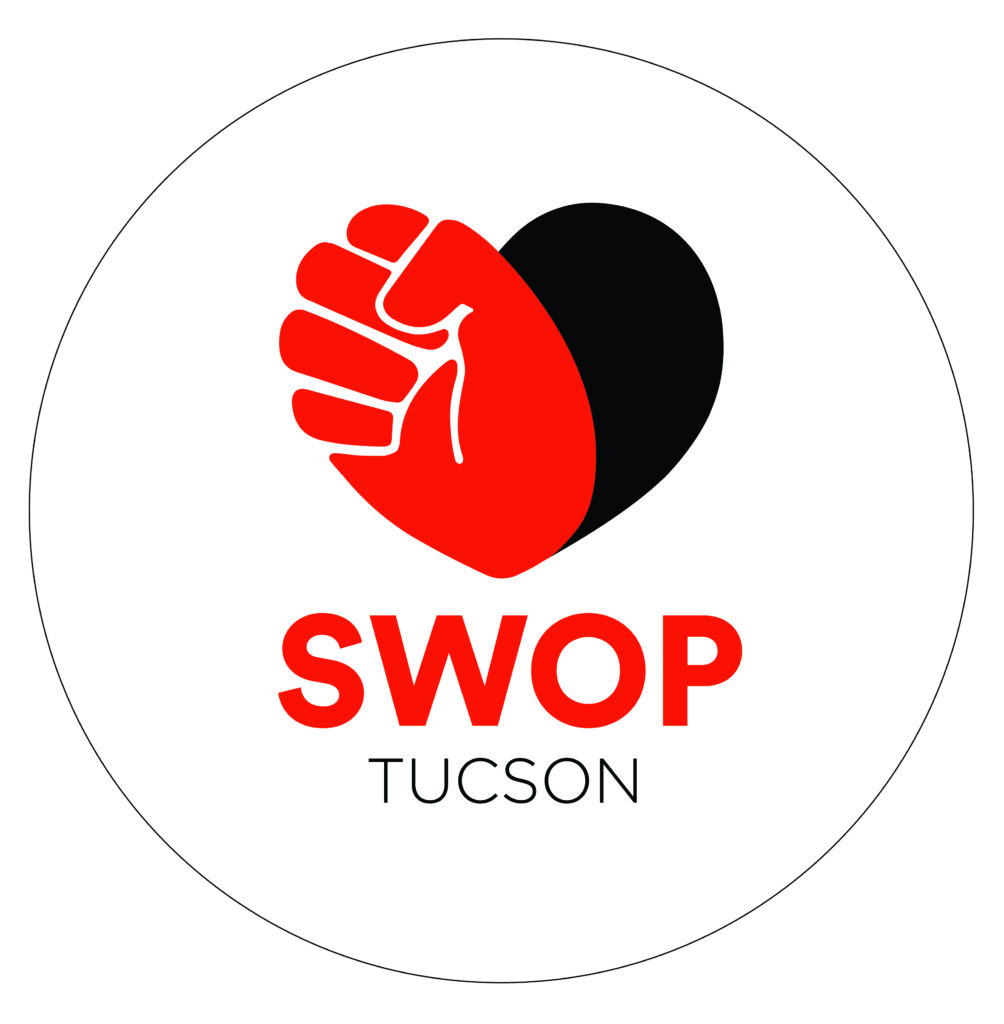
SWOP Tucson
The Sex Workers Outreach Project (SWOP) is a national grassroots movement which focuses on improving the lives of sex industry workers by promoting safety, dignity and diversity in sex work, and fosters an environment that affirms individual choices and occupational rights.
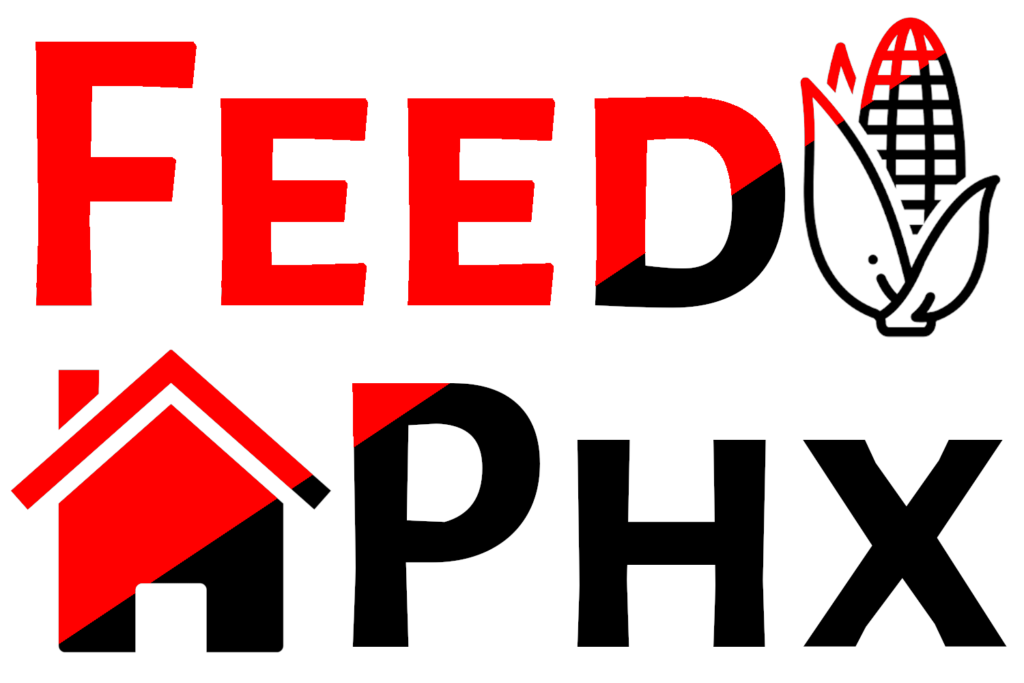
Feed PHX
Our mission is to end food and housing insecurity, in PHX AZ, through Intersectional Activism and Integrated Community Action.
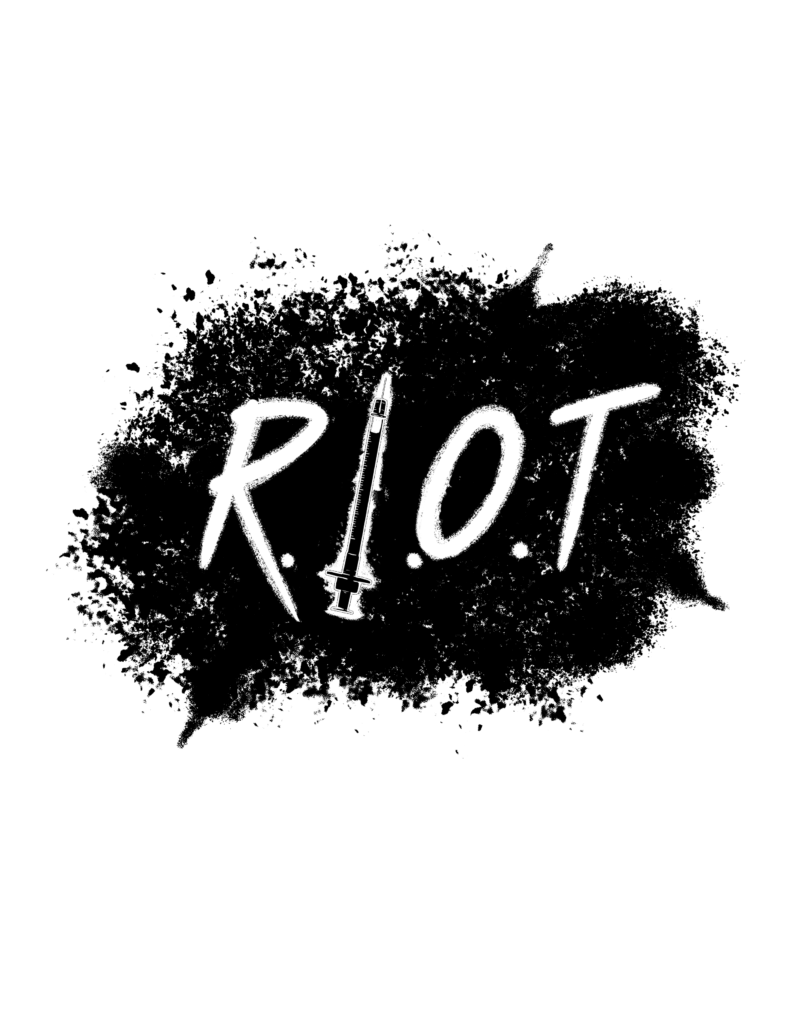
RIOT
(Harm) reduction is our thing. We love respect & support people who use drugs through harm reduction.
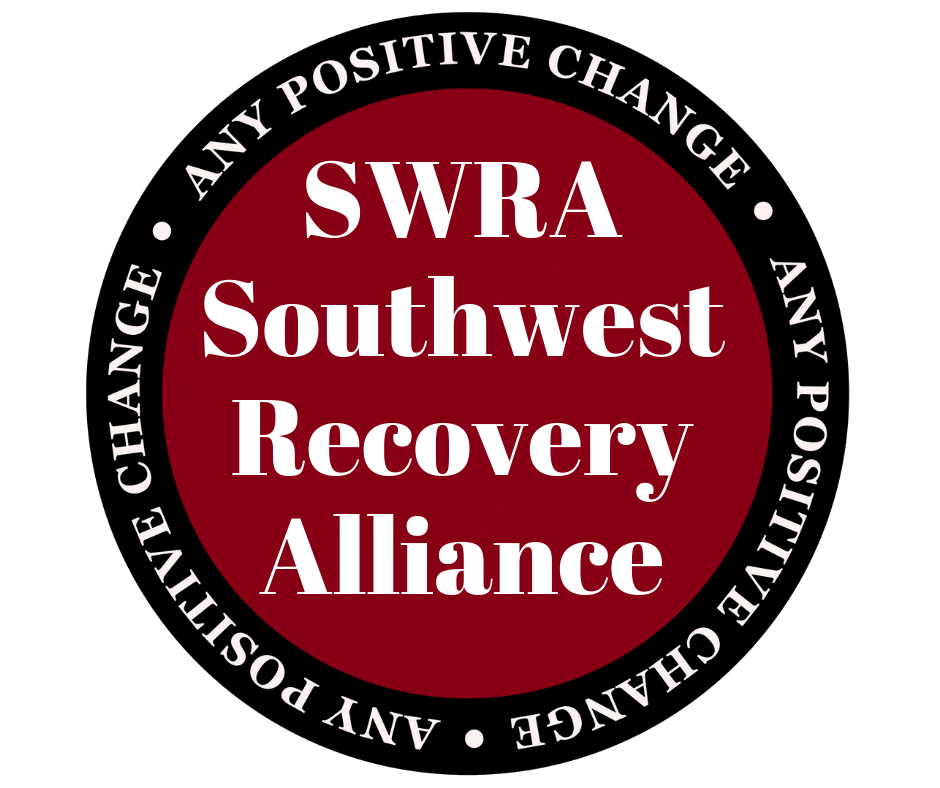
Southwest Recovery Alliance
Southwest Recovery Alliance is a peer led, guided, and directed regional grassroots organization dedicated to the implementation of evidence based public health strategies, policy transformation, and justice reform for people who use drugs and engage in sex work in Arizona.
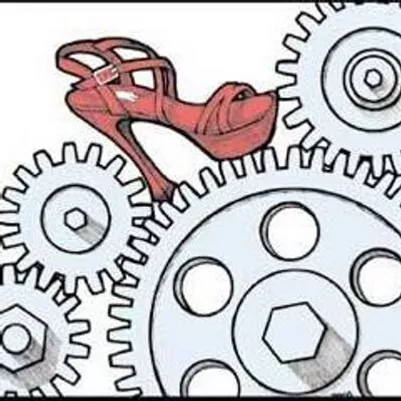
ESPLERP
Sex Workers and Erotic Service Provider Legal, Educational and Research Project. Peer-led training, organizing, and advocacy for the erotic service community.
The Super Bowl Sex Raids are a Scam (And we’re not the only ones saying so.)
“Whether the game is in Dallas, Indianapolis or New Orleans, the pattern is the same: Each Super Bowl host state forms a trafficking task force to “respond” to the issue; the task force issues a foreboding statement; the National Football League pledges to work with local law enforcement to address trafficking; and news conference after news conference is held. The actual number of traffickers investigated or prosecuted hovers around zero.”
— The Global Alliance Against Trafficking In Women
“This is urban legend that is pure pulp fiction.”
— NFL spokesperson Brian McCarthy
“After reviewing the available academic research, we concluded that ‘Super Bowl sex trafficking’ as reported in the news media is not empirically supported.”
— Anti-Trafficking Review
“No data actually support the notion that increased sex trafficking accompanies the Super Bowl”
— Kate Mogulescu, founder the Trafficking Victims Advocacy Project at the Legal Aid Society, in New York Times.
“The Super Bowl is often referred to as the single largest human trafficking incident in the United States. This simply isn’t true.”
— Safe Horizon
“[The National Center for Missing and Exploited Children] said the Super Bowl likely doesn’t attract more sex traffickers than any other large event. What’s more, he also conceded there is no way to quantify the problem.”
— Super Bowl Prostitution Forecast Has No Proof (WFAA)
2021 Report from USC International Human Rights Clinic
In November, the USC Gould School of Law’s International Human Rights Clinic released a ground-breaking report detailing the ineffectiveness of police operations — raids, sweeps and stings — when it comes to sex trafficking, and the harm they do to sex workers.
The IHRC conducted a comprehensive review of the literature, conducted extensive review of public records related to raids, interviewed over 40 anti-trafficking professionals, as well as members of law enforcement, sex workers, and survivors of sex trafficking.
The report concluded the following:
- Such operations are not effective tools to prevent sex trafficking. Despite law enforcement’s overreliance on the use of such operations, they identify few or no victims while largely targeting sex workers.
- Law enforcement over-rely on the operations as a method to identify and empower victims when in reality, operations tend to traumatize victims and undermine their trust in law enforcement.
- The data provided by law enforcement is not accurate, and conflicts with reports of survivors, experts, and advocates.
- These operations fail to protect actual trafficking victims, or connect them to services.
The report recommended that law enforcement “drastically limit” the use of such operations, and redirect funding to evidence-based approaches that are more effective and do less harm.
“Anti-sex trafficking operations identify few victims or traffickers and instead result in the arrests of many victims and sex workers—a disproportionate number of whom are people of color, particularly Black women and minors. Due to racial bias, among other factors, law enforcement officials “are more likely to perceive a prostituted child of color as a criminal, as opposed to a victim of sexual assault or abuse.” Law enforcement officers frequently forgo a victim-centered approach and instead traumatize and criminalize, arresting, threatening to arrest, interrogating, doubting, blaming, and misgendering suspected victims. The few victims identified during operations of- ten face imprisonment on the basis of a material witness warrant or criminal charge.” — USC Gould International Human Rights Clinic
Raids, Stings and Sweeps are Race-Based Policing
“The criminalization of prostitution, and particularly the criminalization of the activities of sex workers themselves in Los Angeles has an extraordinary disproportionate impact on black women. … There is an immense potential for discriminatory and selective enforcement of prostitution charges.”
— Tracing Criminalization: Policing and Prosecution in Los Angeles 2017-19 (Court Watch LA)
A 2020 report by UCLA Law in conjunction with CourtWatchLA makes clear that the harm from sex-worker-targeted policing that takes place around the Super Bowl is directed at marginalized communities. Communities of color and low income communities are disproportionately targeted by police for prostitution related arrests, effectively criminalizing poverty and survival. The most vulnerable sex workers are those who work on the street, primarily sex workers of color including trans and immigrant women. According to the report, nearly 90% of soliciting prostitution charges in LA are women, while Black people are “disproportionately impacted and drastically overrepresented in prostitution related charges.”
DOS AND DON’TS OF REPORTING ON SEX WORK
We realize that this may not be your regular beat. Unfortunately, law enforcement and faith-based anti-sex work organizations have sometimes willfully conflated sex work with sex trafficking, and employed language that strips active sex workers of their agency and voice. We ask that you always speak with active sex workers and sex worker groups when reporting your story.
Some simple Dos and Don’ts to keep in mind while reporting this story
DO
- Speak with current sex workers and sex worker advocates.
- Differentiate between sex trafficking (which involves force, fraud or coercion) and sex work, which does not
- Ask if anyone involved in these raids has been charged with sex trafficking
- Ask ”anti-trafficking” groups if they believe any sex work can be consensual. Many believe ALL sex work to be sex trafficking
- Demand to know what services are being the sex workers jailed, criminalized and targeted in these raids.
- Review our guidelines for speaking accurate about sex work
DON’T
- Write about us without including us. Active sex workers must be part of any story about us.
- Use a sex worker’s legal name or image without their consent. Sex work is heavily stigmatized, and “outting” a sex worker can result in loss of job, housing, banking, and aid, as well estrangement from their family and community.
- Trust that numbers being provided by police are accurate. In previous raids, law enforcement refers to the number of arrests made in “sex trafficking sweeps,” while actual charges are only for misdimeanor sex work violations
- Assume that anti-trafficking groups are neutral. Many are faith-based, and their “services” involve faith-based approaches.
- Assume that survivors of sex trafficking speak for non-trafficked sex workers
WHO TO TALK TO
The voices sex workers impacted by these raids MUST be included in any story that talks about the raids.
Here are some of the people working to Stop the Super Bowl Raids.
Juliana Piccilo
Sex Worker Outreach Project – Tucson
Contact: jul.piccilo@gmail.com or (520) 360-3981
Tucson Chapter of the Sex Workers Outreach Project
Arlene
Executive Director, Southwest Recovery Alliance (SWRA)
Contact: (480) 385-9657
Southwest Recovery Alliance is a peer led, guided, and directed regional grassroots organization dedicated to the implementation of evidence based public health strategies, policy transformation, and justice reform for people who use drugs and engage in sex work in Arizona.
Eric Brickley “Half”
Contact: (602) 845-9342
Maxine Doogan
Founder, ESPLER Project
Contact: info@esplerp.org or (833) 433-2746 ext 2
The Erotic Service Providers Legal Education and Research Project is a diverse, community-based erotic service provider led group which seeks to empower the erotic community and advance sexual privacy rights through legal advocacy, education, and research
HOW TO SPEAK ABOUT SEX WORK
When you speak or write about sex work and sex trafficking, your words have enormous power. Law enforcement and anti-sex-worker organizations use language to strips sex workers of agency and voice in this debate. Below is some of the language to use or avoid.
However, when speaking to someone about their involvement in the sex trade, its best to ask them what term they use to describe their work and then be respectful and use that term.
Prostitute
It’s okay to use terms like Prostitute. Prostitute and prostitution have historic meaning as well as specific criminalized activities currently in state statutes specifically Arizona ARS 12-32-14 which makes it a crime to knowingly engage in prostitution: trading sexual favors for money or some of value. It is also a crime to solicit prostitution, which is offering or agreeing to trade sex acts for money or some of value. Prostitution is a class 1 Misdemeanor and there is a 15 day mandatory jail sentence for first time offence. In California, Penal Code 647(b), the solicitation for prostitution is illegal. Prostitution is illegal in state basis. It is good to use this term when you are speaking specifically about prostitution. People are arrested for prostitution, but not all forms of sex work.
Sex Work or Sex Worker
Sex work refers to any person whose work includes selling sex or sexual activity, or otherwise engages in erotic labor. This includes, but is not limited to, prostitution, exotic dancers/strippers, internet-based cam workers, internet-based adult content creators, adult film performers, pro-dommes/submissives, phone sex operators, escorts, sensual massage providers, and others.
These terms should not be used for survivors of sex trafficking, as they did not consent to selling/trading sex because of choice or circumstance, unless they also worked in the sex industry as a prostitute or other sex worker.
Sex Trafficking
Sex trafficking is forced labor in the sex industry, or any participation in the sex industry that involves force, fraud, or coercion. Any commerical sex act with a person under the age of 18 is considered sex trafficking.
It is often and incorrectly conflated with sex work, which is consensual.
Human Trafficking
Human trafficking refers to any labor that results from force, fraud, or coercion. The most common types of human trafficking include construction, domestic labor, and agriculture. Sex trafficking is a kind of human trafficking.
Anti-Trafficking
Anti-trafficking is an umbrella term to describe activities meant to stop human trafficking. However, many groups and individuals in the anti-trafficking sector, including law enforcement, equate all sex work with sex trafficking, and are viewed negatively by sex workers.
Sex Industry/Sex Trade
Sex Industry and Sex Trade are umbrella terms for the array work and services provided by those in the sex industry, legal and illegal. If you are speaking about both sex workers and survivors of sex trafficking, “people in the sex trade” is the broadest and best description.
Sex workers can have experienced sex trafficking at some point in their lives, either before or after otherwise working in the sex trade. Because of this, sex workers can be among the most invested in preventing and stopping trafficking.
Decriminalization or Decrim
Decriminalization or decrim refers to the repealing of laws that criminalize prostitution and other criminalized forms of sex work, while preserving laws against sex trafficking.
Amnesty International, UNAIDS, the ACLU, Human Rights Watch, and the World Health Organization have all endorsed the decriminalization of sex work as a human rights issue.
For most sex workers, decrim is preferable to legalization.
Legal / Legalization
Legalization of sex work, which introduces government regulation and oversight into sex work, is largely opposed by sex workers. Legalization can sometimes be used, paradoxically as a method of criminalization and surveillance, particularly for those who can not comply with bureaucratic regulations, compulsory management structures, or public registries. Until sex workers have the access to equal protection under the law, and are able to come forward and participate in regulation schemes that would apply to them, legalization is recriminalization of the most marginalized.
FOSTA/SESTA
FOSTA (Fight Online Sex Trafficking Act) and SESTA (Stop Enabling Sex Traffickers Act) are bills introduced in the House and Senate, and signed into law by President Trump in 2018.
FOSTA/SESTA devastated sex industry, and destroyed many critical sex worker resources, from advertising sites to sex worker safety resources. The law made internet platforms (such as Facebook or Craigslist or WordPress) legally liable for content posted on them by individual users if that content involved potentially involved sex trafficking.
Rather than differentiate sex work from sex trafficking, many platforms chose to ban any discussion of sex work and/or banned sex workers entirely. Many sex workers who had previously worked independently online, or used online services to find or screen potential clients, were pushed into more dangerous or exploitative work. FOSTA/SESTA may paradoxically have increased sex workers vulnerability to sex trafficking.
DO NOT USE
“Prostituted women”
“Prostituted” is a pejorative term that is used by those who do not believe in the ability of sex workers to consent. It assumes that women or others working in the sex trade have no agency, and are being controlled. It is commonly used in faith-based or anti-sex worker discussions as a way of removing our voice.
“John”
John is a sexist and derogatory slang term for our clients. We refer to clients as client, and do not ever refer to them as “trafficker” or “exploiter” unless we are speaking primarily about force, fraud or coercion.
“Pimp”
As defined in California penal code 266h (b), any person who, knowing another person is a prostitute, lives or derives support or maintenance in whole or in part from the earnings or proceeds of the person’s prostitution. This includes our intimate, domestic and commercial relationships.
“Consensual Sex Work”
We avoid saying “consensual sex work” as it is redundant. Sex work is consensual sexual labor. Non-consensual sexual labor is sex trafficking.
“Commercial Sex Industry”
We avoid the phrase because it is both redundant (the sex industry already means there is money or compensation), and can be used to exclude criminalized sexual labor like prostitution, or exclude survival sex workers who may be trading sex for housing and food.
“Exploitation”
Exploitation over-broad and often stigmatizing term. Instead, we ask that you use more specific terms such as coercion or extortion. Groups that are opposed to sex worker rights often use “exploitation” as a catch-all for all sex work, regardless of consent, ownership or working conditions. Similarly, areas and locations where sex work takes takes place should not be called ‘exploitation hubs’
Additional Resources: https://esplerp.org/policy-agenda-2022
